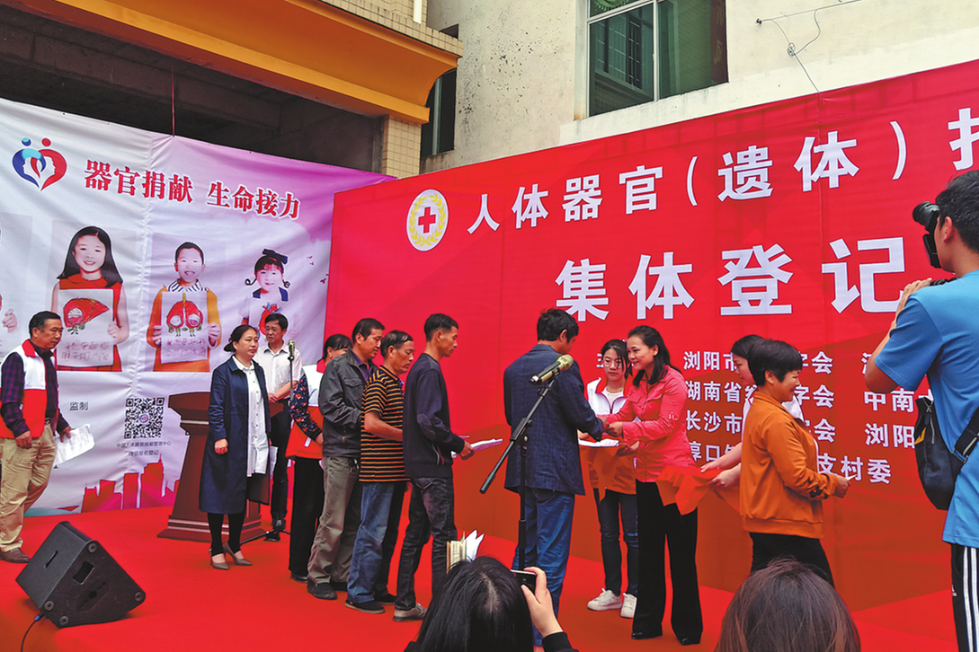Ziquejie Terraces highlighted in call for global cooperation on agriculture
By Zou Shuo in Changsha and Zhu Youfang in Loudi, Hunan | China Daily | Updated: 2024-09-13 09:05

Experts attending a global conference on farming culture have called for more international cooperation when it comes to sharing cases of the preservation of unique agricultural cultural heritage, as it can play a crucial role in boosting rural tourism, rural vitalization and even food security.
Attendees singled out terraces as a historical agricultural feature that has embodied harmony between humans and nature for centuries.
Terraces play a great role in preserving biodiversity, food safety and regional economic development, they said while attending the Second "From Ziquejie Terraces to the World" Global Farming Culture Exchange and Mutual Learning Conference, held from Wednesday to Friday in Loudi, Hunan province.
Ziquejie Terraces, found in Loudi, originated during the Qin (221-206 BC) and Han (206 BC-AD 220) dynasties.
The terraces have been recognized as a "Globally Important Agricultural Heritage System" by the United Nations Food and Agriculture Organization.
The irrigation system of the terraces is uniquely designed so that it can cope in times of flood and drought.
Zou Wenhui, Party chief of Loudi, said on Thursday at the forum that such terraces and farmland can be found "as high as a mountain goes", and represent China's fine traditional agricultural culture.
French sinologist David Gosset said Ziquejie Terraces are a magnificent symbol of Chinese ingenuity and dedication to sustainable agricultural practices.
Robust agricultural systems have come into sharp focus in recent years as China and the world make efforts to become more food secure.
China faces the monumental task of feeding 1.4 billion people, while the global community must provide for over 8 billion individuals.
"By around 2050, our collective challenge will be to ensure enough food for 10 billion people," Gosset said.
This challenge is compounded by several modern constraints. Urbanization has led to a reduction in arable land and a loss of biodiversity, the consequences of which are complex to assess. In addition, climate change has increasingly disrupted traditional farming practices, making agriculture more challenging and, in some cases, nearly impossible, he said.
However, Gosset is optimistic that people have viable solutions to address these pressing issues. "Advances in technology offer promising pathways to enhance agricultural productivity and sustainability. In today's context, urbanization is not necessarily at odds with farming. Urban farming and vertical farming are becoming realities in many places, while hydroponics — growing plants without soil — is also gaining momentum," he said.
Pompeo Della Posta, a professor at the Belt and Road School of Beijing Normal University, said the massive challenges people are facing today — such as climate change, ecological degradation and environmental crises, together with the need to ensure food security, biodiversity protection or the sustainable use of water resources — can be faced successfully by sharing experiences and know-how developed in ecological governance, including efficient irrigation and drainage techniques in agriculture, as is the case with the Ziquejie Terraces.
"We are, all over the world, coming from an agricultural background. Those people had wisdom. Today we have science," he said. "But science without wisdom has no hope to provide the solutions the world needs to preserve the future of humanity."
























